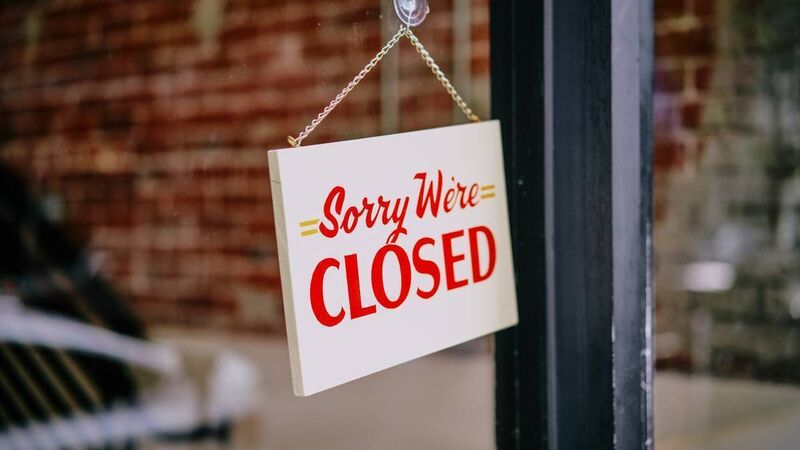Total number of company insolvencies lower than expected last year

PwC figures shows there were 852 insolvencies recorded in 2024 — down from the over 900 expected. File picture: iStock
There was a lower than expected number of business insolvencies recorded during 2024 as upward trends towards the end of the year slowed, new figures published by accountancy firm PwC shows.
During the course of 2024, PwC had been projecting there to be over 900 business insolvencies recorded by the end of the year. However, the firm has now said there were 852 insolvencies recorded last year which is still 16% higher than 734 which took place in 2023.












